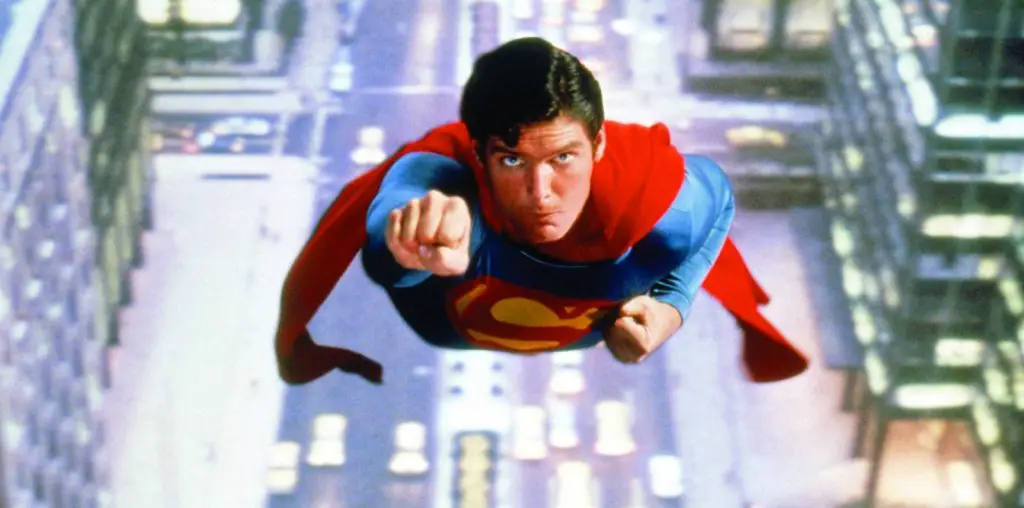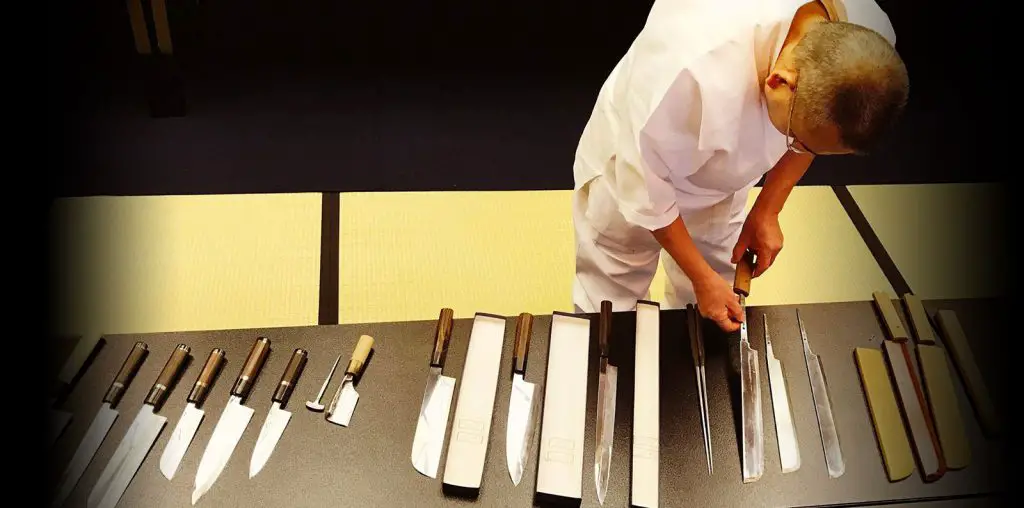
As plain-faced as he may be, Edward Norton always seems ready for a close-up. He can channel a natural laugh (at times with believable carelessness) or turn stone somber as fast as he can show a lip-quivering vulnerability. Since a landscape of emotion can arise from this everyman’s features, they often warrant the full frame.
In “The Painted Veil,” based on a novel by W. Somerset Maugham and adapted by Ron Nyswaner, director John Curran deploys this face to realize Walter Fane, a repressively cold bacteriologist in 1920s London. Dr. Fane is a strong mind that lurks in the background of high society. When Kitty (Naomi Watts, who co-produced with Norton) passes him at her father’s party, she (and the camera) barely notice Walter. But when he approaches to present himself to her (and soon after, offer marriage), Norton overwhelms the screen. In a touch of foreshadowing, Norton shows the cold determination of this man who will not only get his girl, but attempt to break her into his ideal mold of a wife. Norton’s visual acting depicts the subtlety that modern performers have inherited from the greats of the silent screen, who had to cast a range of emotion from facial expression alone.
After Walter and Kitty have married and relocated to Shanghi, this work-obsessed husband leaves her stifled and falling into the arms of Englishman Charlie Townsend (the reliable but not-quite-in-place Liev Schreiber). Cold to his wife while the affair continues, Walter proves to be more detached when Kitty and Charlie learn that Walter knows of their trysts. But Walter proves even colder when the truth is revealed, and he blackmails his wife into moving with him to treat a cholera-infested village. His decision dumbfounds her, since he is not technically a practicing physician. (We later learn that he encounters his first cholera victim on the trip – though he notes that he has seen the disease under a microscope.) And he doesn’t hesitate to describe a dehydrated cholera victim to her in chilling detail.
The trip to their new home seems to be one back into time. Kitty leaves the polished wares of the British upper class to live in an unfinished (and seemingly rotting) cabin perched on a hill. And cholera will not be the only form of animosity. Carried to the village like royalty, Walter and Kitty look the part of colonialists – and not incidentally, as they will soon learn that the locales have vowed to rebel against the various “white imperialist pigs” now occupying their land.
This historical take on the “oppressed woman” romance rides on the talents of its two stars. Norton manages to create a psychological dimension to an emotionally inert character. Watts, as the victim of Walter’s husbandly vampirism, proves she’s no stranger to thoroughly distressed characters. Dr. Fane epitomizes a husband who hears but doesn’t listen, and when Kitty has taken a lover in Shanghi, you cannot condemn her, but only sigh at her futile attempt to break away. Thus Curran uses the Maugham subtext of colonial oppression to highlight the similar damnation that such white men may have brought upon their wives too.
But the film’s best performance comes from Toby Jones as Waddington, a fellow colonist in the village who has settled in under the radar. At Kitty’s arrival, she finds him worthy of friendship, though he’s a bit weathered by his permanent home. And as rough as his looks may appear, she considers him for romantic companionship, until she learns that he has settled with a younger woman native to the area. Jones performs as if he’s right at home with the period. He handles a post-WWI disaffected Brit nicely – no small feat in itself – and the disinterest that such men felt about the colonial situation. Moreover, as Walter’s neighbor, Jones’ Waddington depicts how easy it is to show compassion, and how much Walter has worked to cut it off from his marriage.
Naturally, Jones native dialect gives him an unfair advantage over his co-stars. (Even the Aussie-born Watts had to retune things a bit.) As physically determined as Norton may be – with the help of some visually rich direction – his vocal performance lags well behind his visual presence. American viewers may find Norton’s rigidity believably British (stereotypes notwithstanding), but savvy viewers will find his struggle to maintain an accent a distraction.
Overall, Norton’s effect and Watts’ able portrayal are not enough to move the misogyny of the narrative. Their two characters grow toward a realization that may hold true somewhere in the chaotic world of relationships. But the story will be read as one that either limits itself to fans of historical drama, or is outdated in our times.

